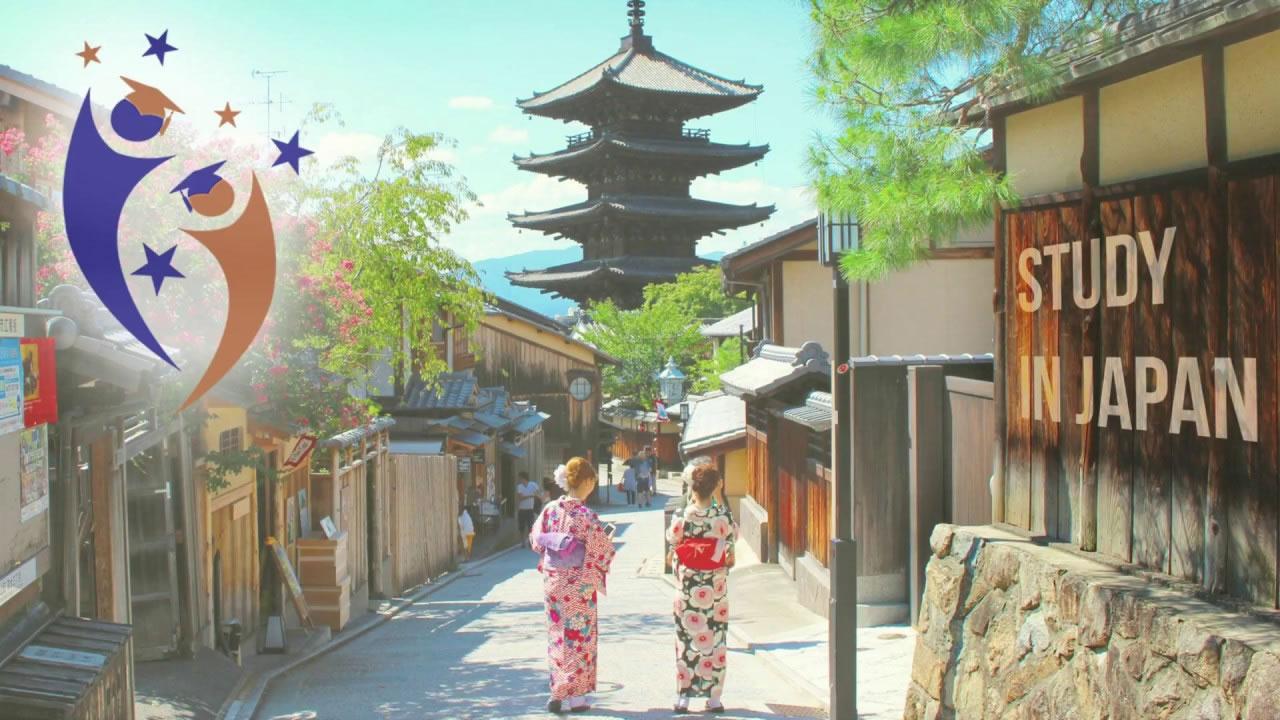This time around, I would love to take you through the challenges you’d face studying abroad in Japan.
The decision to study abroad is not a light one; it requires you to literally move your life to an unfamiliar country where every aspect of everyday life will be uncharted.
No doubt, Japan is an amazing place to study. They’re known for their high-quality educational system, great environment, and wide market opportunities.
Japan is well known as a place to find opportunities while studying there. Even if you go there as an indecisive being trying to locate a career path to take, you can get help from online career consultants that will guide you through your career decision-making.
So let’s face the reality! It is not always rosy when moving to a different country like Japan for study. Foreigners encounter a lot of challenges studying in Japan, and getting to know these challenges will help prepare your mind for what you are about to face.
Luckily, these challenges might have solutions, but getting over the challenges will still require a lot of patience to adapt and overcome.

Let us look at four issues that over 80% of foreign students face when they relocate to Japan for study.
1. Language barrier
So many foreigners consider the Japanese language to be “weird.” Japanese is one of the most difficult languages to learn, both in spoken and written form.
Even foreign students who have lived in Japan for a long time still have a hard time trying to be understood and also understand.
The remedy for this challenge is for you to prepare your mind and get ready to learn Japanese. Well, you might also find it interesting if you have been equipping your mind with Japanese movies and the like before moving over to Japan. If you’ve been doing this for a while, the language may not sound that different to you. Otherwise, you will need to learn Japanese deliberately and diligently.
Japan is a place where their language is used in every aspect of their lives. buying and selling, schooling, traveling, and all that. Although there are few universities that use English for their lectures, you can find them here.
However, whether you study in English speaking Universities of Japan or not, you must fall back to the outside of the University walls and you must have a need to learn Japanese if you really desire great and enjoyable communication during your study period.
2. Studying in Japan is quite expensive!
The lifestyle that surrounds studying in Japan is an expensive one. Schooling over there can cost you a lot, so you also need to be prepared financially.
The cost of studying in Japan can be divided into two categories: costs incurred before going to Japan and costs incurred after arriving in Japan, which include academic fees and daily living costs. Though study costs in Japan are not as expensive as they are in the UK or US, they are quite expensive compared to other countries.
Let’s see a breakdown of the academic cost to help you know what to expect. According to JASSO, the average academic fee for the first year at higher education institutions in Japan is:
· Graduate school: 820,000 yen (National), 930,000 yen (public),
1,000,000 yen (private, excluding medical, dental and pharmaceutical courses)
· University ( Undergraduate): 820,000 yen (National), 930,000 yen (public), 1,100,000 yen (Private excluding medical, dental and pharmaceutical courses) , 3,200,000 yen ( Private- medical dental and pharmaceutical courses)
· Junior College: 610,000 yen (public), 960,000 yen (private)
· Technical college: 320,000 yen (National)
· Vocational school: 850,000 yen
· Japanese Language Institutions: 610,000- 1,050,000 yen
All of the prices listed above are only estimates for the first year, with admission fees included.
3. Culture shock
You will find it difficult adapting to Japanese culture. Every country has its culture, so as Japan, but Japanese culture might leave you with a little bit of shock because it is way too different from cultures you might have seen. This challenge might hit you hard if you have never heard a thing about Japanese culture in movies or stories.
These are some culture shock you might experience apart from the language:
· Eating Japanese food
I know you’ve heard of their kinds of foods, they eat some crazy combinations, especially raw foods and fermented foods. Even raw fishes that might disgust you a little. You can take a look at different Japanese foods and get familiar with them.
· Strictness when it comes to manners and punctuality
Japanese love respect, good morals and politeness. It is embedded in their culture and it might seem a bit different to you especially if you’re coming from a country that so much disregard respect.
You will need to pay attention to Japanese etiquette and moral culture. It is a huge necessity tforthem.
Being in the minority group
Japan is a country that has lots of racism. Well, racism is a trait found in every country, but some countries are known for it, and maybe Japan is one of them. You can check out the minority groups in Japan.
4. Work-Life balance
If you are relocating from an extremely lazy country, this challenge might hit you hard. Japan is known for its diligence and work-centric attitude.
A proverb in Japan reads, “The nail that sticks out, gets hammered down.” From their early years, children in Japan are taught to prioritize dedication to education, leading them down a career path that does not believe in sick days and frowns upon vacations.
With all these things, as a foreign student in Japan, this might be a great challenge for you, trying to adapt and balance school and work at the same time. You have to prepare to work and also try hard to find flexible jobs that can help you through this.
Conclusion
As a foreigner attempting to relocate to Japan for studies, it is critical to keep these challenges in mind because they will undoubtedly be a part of your story in the first few years of relocating.
However, every challenge has its own solution, ranging from physical tackling to mental readiness. Some difficulties can be overcome simply by accepting them and preparing your mind for them.
Nevertheless, Japan has been proven to be a great place to study if you eventually pass your phase of challenges. The job opportunities in Japan are second to none because of its large market. You can also look here for job openings to see what is currently available.











5 Responses
I am continually browsing online for ideas that can help me. Thank you!
Thank you for sharing with us, I believe this website genuinely stands out : D.
Thanks a bunch for sharing this with all of us you really know what you’re talking about! Bookmarked. Please also visit my website =). We could have a link exchange arrangement between us!
My husband and i got so peaceful that Edward could deal with his analysis with the precious recommendations he acquired from your own site. It is now and again perplexing just to find yourself giving out helpful hints others could have been making money from. And we also see we have got the writer to be grateful to for this. Most of the explanations you made, the easy blog navigation, the relationships you help to promote – it is most exceptional, and it is assisting our son in addition to our family understand that subject matter is exciting, and that’s truly serious. Many thanks for everything!
An impressive share, I just given this onto a colleague who was doing a little analysis on this. And he in fact bought me breakfast because I found it for him.. smile. So let me reword that: Thnx for the treat! But yeah Thnkx for spending the time to discuss this, I feel strongly about it and love reading more on this topic. If possible, as you become expertise, would you mind updating your blog with more details? It is highly helpful for me. Big thumb up for this blog post!